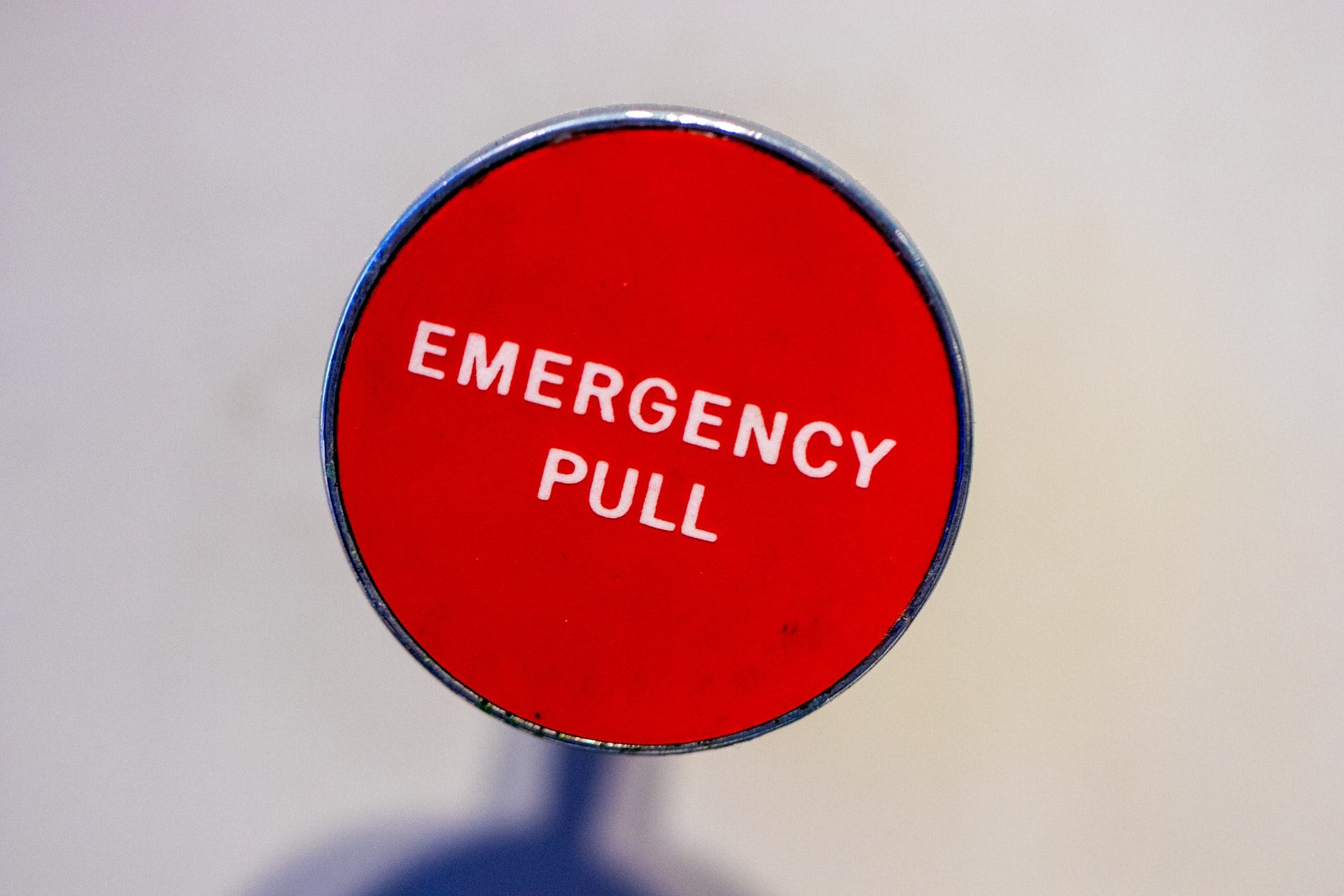Like most people, I overthink things. This is more evident when it comes to money. I will plan and plan, then plan again, before I execute on a decision. This related to my childhood and needing a sense of financial security at all times. However, now that I am a Surgeon, I need to learn how to relax some of those defense mechanisms.
Recently I’ve been trying to decide what is the appropriate amount for a emergency fund if you are a high income earner. Before we talk about this lets define a high income earner as someone or a household that makes greater than $200K per year. According to the IRS, that income level places you in the top 7% of income in the country. If you’re wondering why I am focusing on that group, well it’s because I believe an emergency fund has a significant opportunity cost as your income goes up.
For a household income less than $200K per year, I wholeheartedly agree that your emergency fund should be roughly 6-12 months of income. However, for households in the 7%, I think you have other considerations to take in mind and to test my theory, I asked the internet, specifically Twitter.
To be honest, I was surprised that there was not as many folks who were cut and dry about the topic. There were a definitely a few people who flat out said that an emergency fund should be X amount of months of expenses/income and it should be all cash, but it was less than I thought it would be. In fact, there were a lot of great responses that presented unique scenarios that I had not thought of (if you want to see the conversations, they can be found here and here).
There is an opportunity cost you pay with the amount of cash you have sitting on the sidelines. Perfect example is a household making $15K per month, with an emergency fund of 6 months would require $90K to sit in cash. That’s a lot of cash to sit on the when stocks and bonds have done multitudes better than cash over the last 200 years. This isn’t to say you should be risky with your money, but more of be rational about what you do with your money.
I believe that an emergency fund is the amount makes you feel comfortable and secure should an unexpected expense arise. For some, that is going to equate to a larger cash position, for others it may mean a smaller cash position mixed with other options. I do not believe that an emergency fund is a standard 6-12 months of income/expenses for every person.
A perfect example of this is PassiveIncomeMD. He’s detailed on his blog why he chooses not to have an emergency fund. then you’ll know that he has talked about not having an emergency fund. And personally I think that is fine too, if you dive into his reasoning and see that he’s part of a dual income household, he has a great disability insurance policy, access to a home equity line of credit, and multiple income streams. Another key factor is he understands the risk that he is taking but has a well thought out strategy for mitigating any unexpected expenses.
We always talk about how personal finance is personal, but we seem to leave emergency fund amounts out of that conversation. The reality is there is no set balance at which everyone will feel both secure and not wasting cash.
I personally believe in the need for an emergency fund but I want to be reasonable about the amount that is kept in cash. The rarity of my skill, the stability of my profession, and the fact that I live in a two-income household are some of the reasons why I am willing to tolerate a little more risk than others. However, I’ll admit that I struggle with this, because I still deal with the anxiety of my past homelessness as a child. Cash just feels safe. With that being said, my goal for maintaining an emergency fund is 1-2 months in cash, and the rest of the fund deployed across various CDs and bonds.
Whatever you decide about your emergency fund, make sure you are comfortable with the risk of too much or too little being in cash. If you feel like you have too much cash sitting around, don’t be a afraid to re-evaluate your plan.
As always if you have questions or concerns regarding creating an emergency fund, investing, real estate, insurance, or planning for the future, don’t be afraid to speak with qualified financial advisor. Smart Asset has a great tool to find an advisor in your area or feel free to email me (contact@surgifi.com) to help you on your path to financial independence.
Follow us on Social Media

